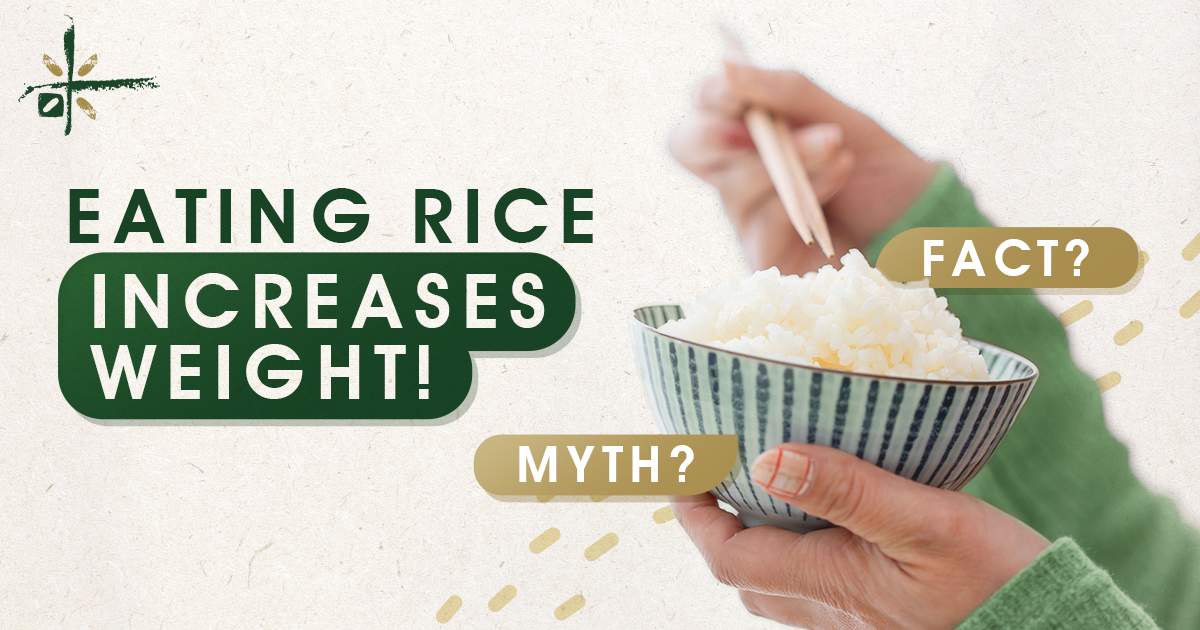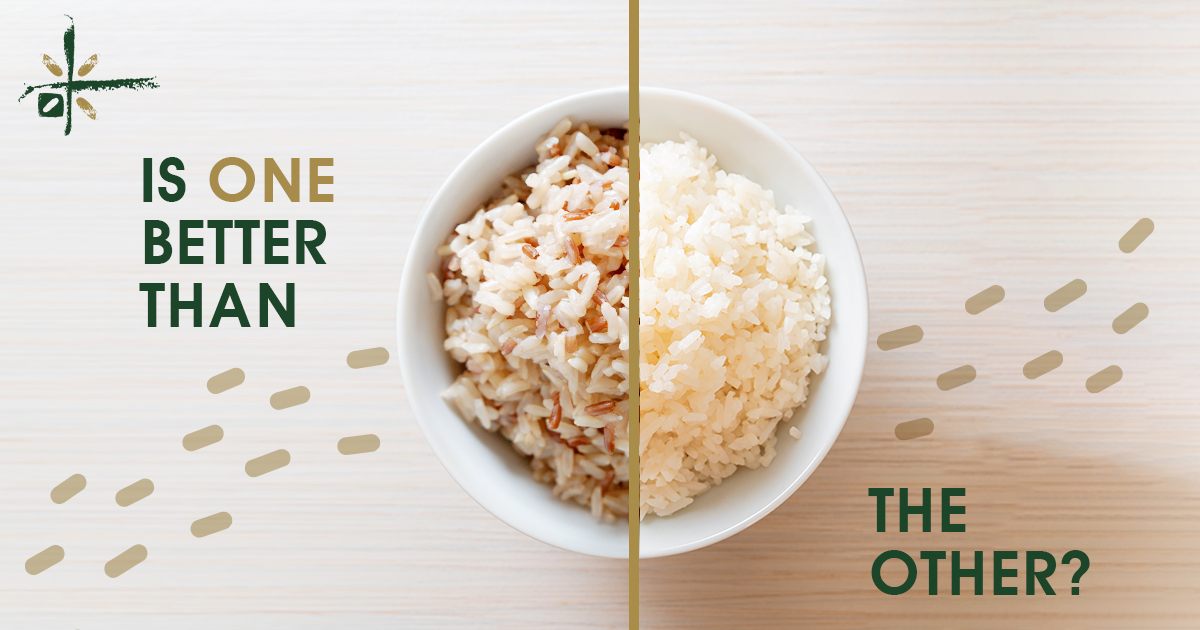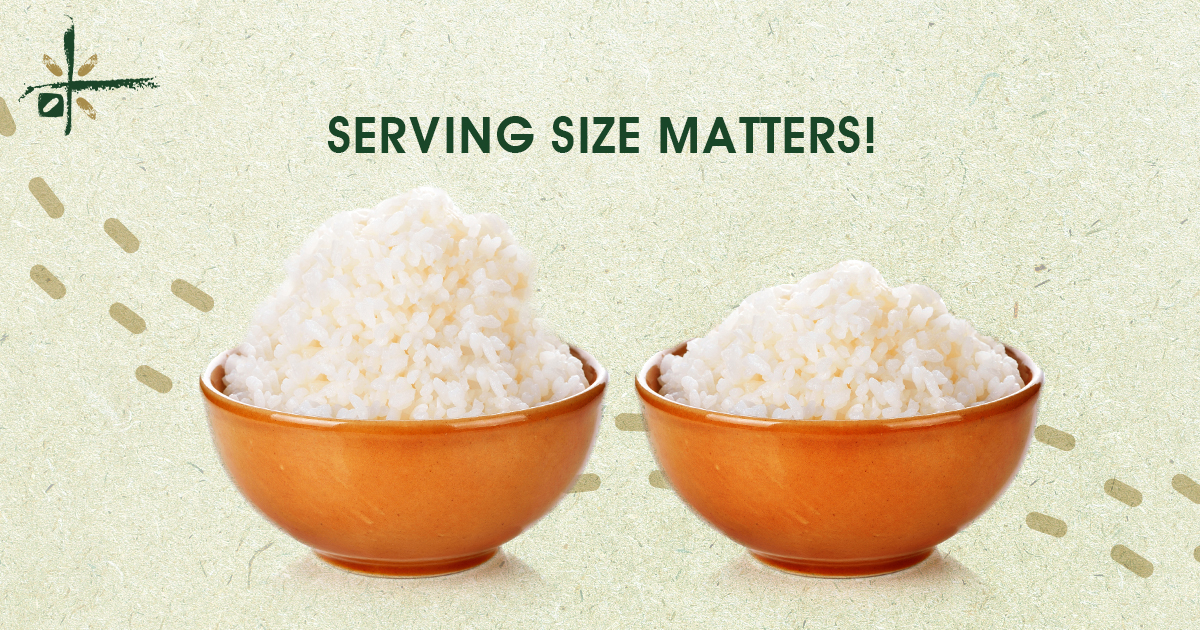
For a culture that loves rice and everything about it and can honestly have it for every meal without any complaints, it seems a bit unfair when our beloved rice gets all the bad rep in the realm of weight loss and is considered as one of the worst foods to have when you’re trying to shed kilos and stay healthy!
There are a lot of misconceptions related to rice intake, its (not-so-appealing) nutrient qualities like high carbohydrate content (especially in white rice), and many more. So, is there any truth to all this? Is rice really fattening? We break it all down below!
1. Understanding The Anatomy Of Rice
Rice also being one of the whole grains is made up of three parts namely:
a. Bran: the hard outer layer that protects the inner parts and is rich in fibre, minerals, and antioxidants.
b. Germ: a nutrient-rich core containing carbs, fat, protein, vitamins, minerals, and antioxidants.
c. Endosperm: the largest part of the grain which is entirely made of carbs with a small amount of protein.
Brown rice comes with the whole grain and consists of both bran and germ making it nutrient-packed whereas in white rice both bran and germ are removed and only the endosperm remains to make it carb-loaded.

2. Choose Your Type
When it comes to rice, the type one chooses to consume plays a vital role. In this regard, brown rice which has been linked to weight loss and favourable blood fat levels reigns supreme with its superior nutritional value such as high-content of Manganese which helps digest fat and turn carbohydrates into energy, fibre which aids in digestion and enhances the metabolic function and it’s slow-release energy properties. Hence, on one’s weight loss journey, brown rice proves to be a healthier alternative to white rice.
3. White Rice Isn’t All Bad!
Turns out your body needs carbohydrates as they provide energy to carry out various functions. However, excess energy can get stored as fat, thus adding to your already-existing fat reserves. But, when someone leaves or reduces the intake of rice, the body fails to get enough energy from other sources and might attack its protein sites and break them down to derive energy. So, you can still end up losing weight but due to muscle breakdown and not fat breakdown which isn’t an ideal outcome. So, does that make carb-loaded white rice the better choice?
4. What Does The Research Show?
While brown rice’s effect on weight loss is well established, white rice’s is a whole other story. Although some of the research conducted to study the link between the consumption of white rice and weight gain have found this to be true, a few others have found no connection at all and you’d be surprised to know that some of the studies have even linked white rice with weight loss and a reduced risk of weight gain. This indicates that both types of rice can be included in a weight loss diet (although brown rice being the preferable one).

5. It’s All About The Serving Size
Matter of fact is weight gain largely depends on the portion of the food you consume. Whether you choose nutrient-rich rice or carb-loaded rice. Most often than not it’s the quantity of food one eats that does the actual harm.
Rice can be both fattening and weight loss friendly, at the end of the day it all hinges on the serving size. So, if you’re on a weight-loss journey or are embarking on one, make sure to heed the intake of rice and then choose the rice that matches your goal.
We hope that we’ve helped bust some of the myths and clear out some misconceptions you were led to believe about rice. On your quest to live healthily you don’t completely have to give up on rice and can still relish your favourite rice dishes but in moderation.
